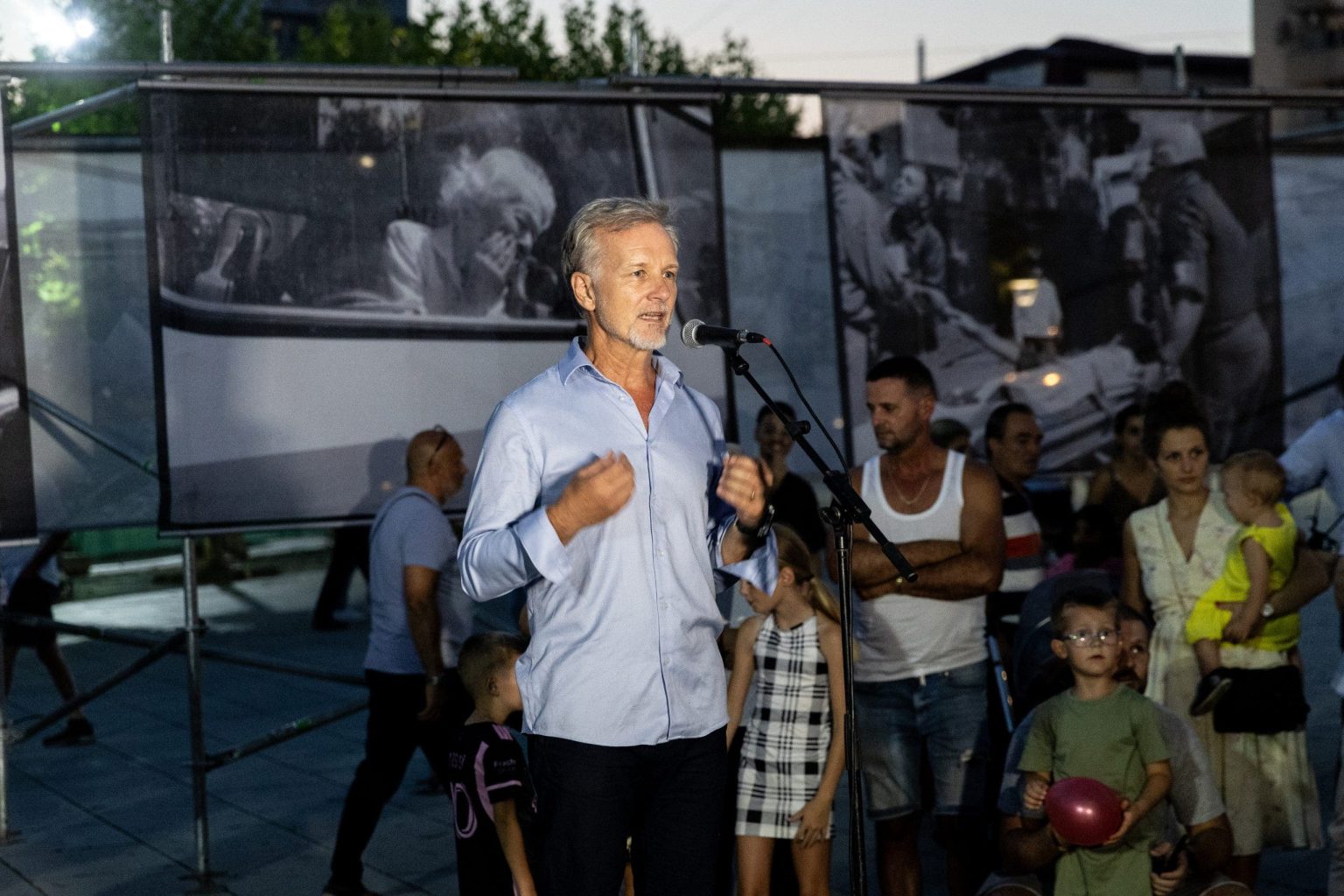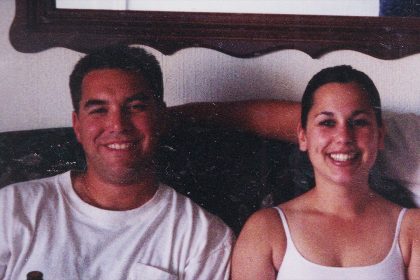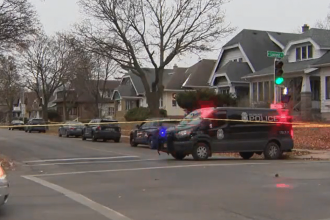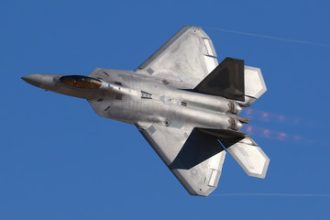An award-winning British photojournalist, who covered world events such as the fall of the Berlin Wall, Nelson Mandela’s release, and the conflict in the former Yugoslavia, was fatally stabbed near Los Angeles on Saturday, the Associated Press reported. His 19-year-old son was charged in the killing.
Paul Lowe, 60, a war journalist and professor at the University of the Arts, London, was discovered with trauma to his upper torso, and was pronounced dead at the scene in the San Gabriel Mountains, the Los Angeles County Sheriff’s Department said in a press release.
A 19-year-old man later identified as Lowe’s son, Emir Abadzic Lowe, was arrested after crashing a car while driving away, the Sheriff’s Department said. The Los Angeles County District Attorney’s Office filed one count of murder against Lowe in connection with his father’s death.
LOS ANGELES COUNTY DA RELEASES MENENDEZ BROTHERS LETTER CITED AS ‘NEW EVIDENCE’ THAT SPARKED REVIEW OF CASE
According to Lowe’s wife, their son had a history of mental health issues and had been hospitalized on multiple occasions for psychosis over the past year.
“As a parent we felt that we could help him. We never would expect this kind of outcome,” Amra Abadzic Lowe told the New York Times.
Lowe’s career spanned decades and continents. His images were published in Time, Newsweek, Life, The Sunday Times Magazine, The Observer and The Independent, according to his university bio.
He was also a professor of Conflict, Peace and the Image at London College of Communication, University of the Arts London.
“Paul was a very talented, courageous and committed photojournalist who repeatedly put himself in harm’s way to show the world the reality of war zones and humanitarian crises around the world,” Santiago Lyon, a former AP photography official who worked with Lowe, told the AP. “He then became an accomplished and well respected educator dedicated to preparing future generations of photojournalists. His untimely death has profoundly affected the photojournalism community, and we are in shock.”
Read the full article here










